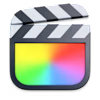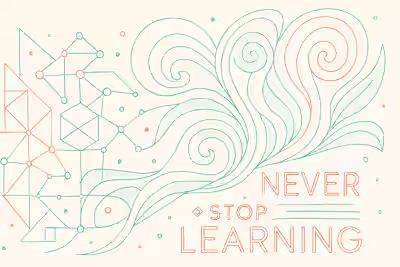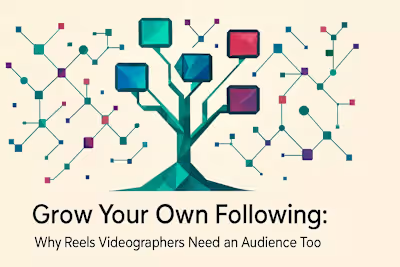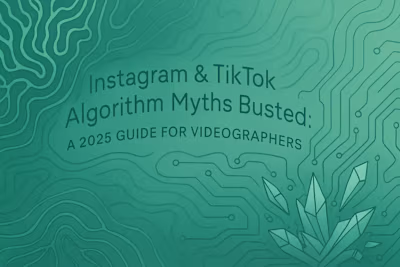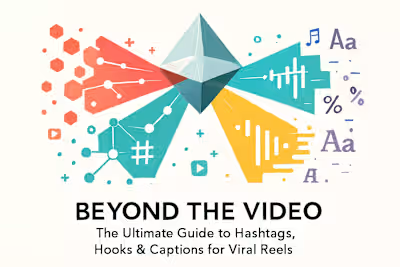Network to Get Work: Communities, Events & Online Groups for Videographers

Network to Get Work: Communities, Events & Online Groups for Videographers
The Modern Networking Landscape for Creators
Why Networking is More Than Just Finding Clients
Online vs. In-Person: Finding the Right Mix
Top Online Communities and Groups for Videographers
LinkedIn Groups for Professionals
Facebook Groups for Niche Communities
Reddit and Discord: The Power of Anonymity and Real-Time Chat
Leveraging Industry Events for High-Value Connections
Identifying the Right Events to Attend
Preparing Your Elevator Pitch
Strategies for During and After the Event
Proactive Networking: Building Your Own Opportunities
Collaborating with Other Creators
Conducting Informational Interviews
The Art of the Cold (but Warm) Outreach
Conclusion
References
Network to Get Work: Communities, Events & Online Groups for Videographers
The Modern Networking Landscape for Creators
Why Networking is More Than Just Finding Clients
Online vs. In-Person: Finding the Right Mix
Top Online Communities and Groups for Videographers
LinkedIn Groups for Professionals
Facebook Groups for Niche Communities
Reddit and Discord: The Power of Anonymity and Real-Time Chat
Leveraging Industry Events for High-Value Connections
Identifying the Right Events to Attend
Preparing Your Elevator Pitch
Strategies for During and After the Event
Proactive Networking: Building Your Own Opportunities
Collaborating with Other Creators
Conducting Informational Interviews
The Art of the Cold (but Warm) Outreach
Conclusion
References
Posted Jun 30, 2025
Your next big project could come from a connection. Discover the best online communities, industry events, and networking strategies to find clients and collaborators.


